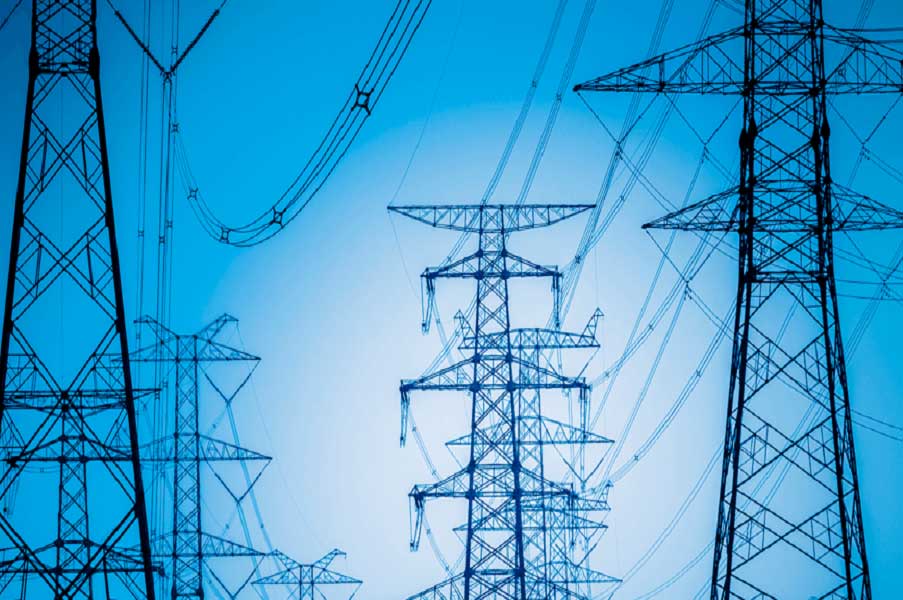
Published :
Updated :

Speakers during a webinar underscored the necessity for a policy guideline with an eye to integrating the entire energy sector.
The country has so far adopted a single policy that was dedicated solely to the power and energy sector, which was formulated in 1996 and updated in 2004.
The country had numerous plans after that, but no policy guideline that could integrate the entire energy sector, they said.
The webinar was co-hosted by the SANEM SDG Centre and the SANEM Political Economy Centre styled 'Devising a Participatory Approach for Effective Policy Making in the Power and Energy Sector'.
Prof Sayema Haque Bidisha, who teaches economics at Dhaka University, moderated the session.
Bright Green Energy Foundation's founder and chairman Dipal C Barua, Asst Prof Md Shahriar Ahmed Chowdhury of United International University and Khalilur Rahman Khan, deputy secretary (admin and law) at the Bangladesh Energy Regulatory Commission, took part.
At the event, they suggested that the national policy fundamentally uphold the constitutional spirit and elements of public welfare and rights, and serve as a foundation for master plans and guidelines.
The absence of a cohesive policy framework and implementation leads to ad-hoc decision-making processes, inconsistencies and inefficiencies in the sector's development.
It leads to a lack of participation, resulting in the exclusion of domestic public opinion, civic consultation and scholarly intervention.
It also leads to lack of coordination among government bodies, private-sector stakeholders and inadequacy in alignment with other policy documents.
Mr Barua emphasised the need for a solar-based charging system, a renewable energy division and a master energy plan for renewable energy.
He advocated for transitioning to solar irrigation pumps from fossil fuel-based ones and highlighted efficiency improvements in solar panel technology, which now requires less land for higher production.
azizjst@yahoo.com


 For all latest news, follow The Financial Express Google News channel.
For all latest news, follow The Financial Express Google News channel.